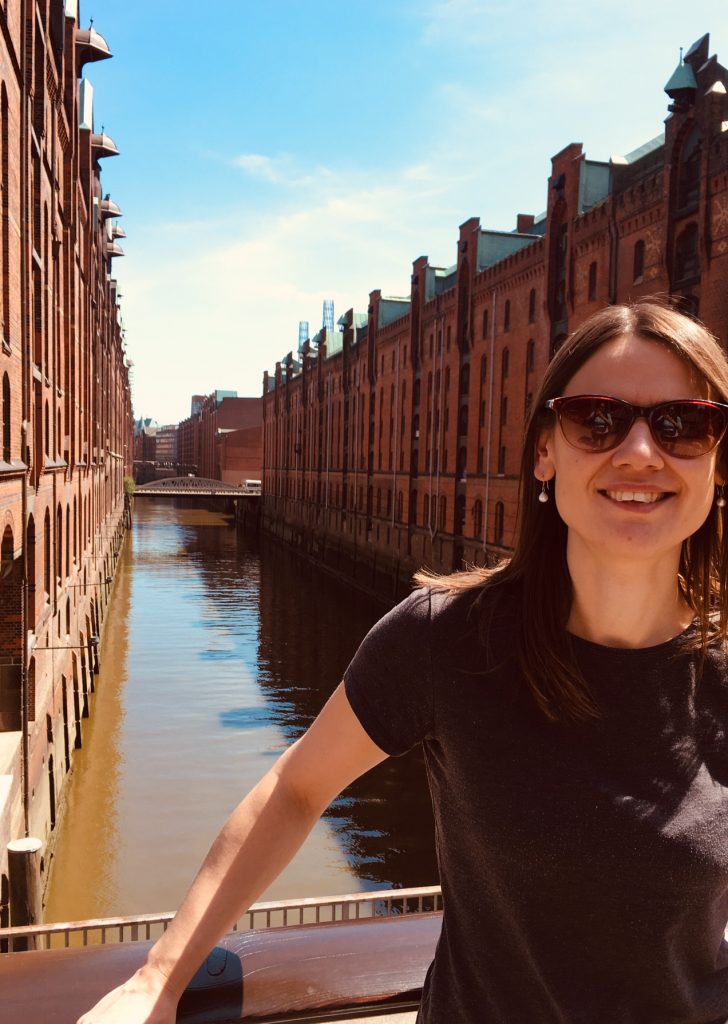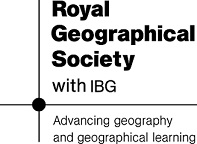
We are finally in a position to announce our winner of the undergraduate 2021 SCGRG dissertation prize. We had 21 entries in total from Geography departments across the UK. Committee members of the SCGRG RGS-IBG review the entries across three rounds.
After a rigorous process, the winner is Abi Smith from the University of Cambridge. with her dissertation entitled:
Making sense of sonic affect: the automated voices of the London Underground
It was found that Abi’s dissertation was considered the overall winner given:
A clear and unique intellectual contribution to aural spaces and sonic geographies, demonstrating conceptual excellence and methodological originality. It was deemed by reviewers of publishable standard.
SCGRG dissertation prize committee
The winner receives £100 for the best undergraduate dissertation while the runner-up and winner both receive a year’s personal subscription to the journal Social and Cultural Geography, published by Taylor & Francis.
The news of winning this award was equally as surprising as lovely to hear! I am hugely grateful to the SCGRG committee and to everyone- from the voiceover artists and LUUs (London Underground Users) to my Director of Studies supervisors, and accessibility team- who both inspired and made completing this dissertation possible.
Abi Smith
We are delighted that Abi has taken out the time to write a blog post for us, where she highlights her motivations for doing the research, her passion for sonic geographies and her reaction to being our winner.
Influences and motivations for the research
The broad and exciting nature of Geography quickly became clear, and this only made the process of narrowing down a dissertation topic more difficult. Whilst I found the many dimensions of sensory geographies particularly intriguing, it wasn’t until after several discussions with my Director of Studies, and a sensory methods lecture, that I began to realise that these ideas could form the basis for my dissertation.
During the process of exploring these themes for my research proposal, I came across an article by Nina Power examining the prolific use of female-sounding voices in urban space. The article not only raised many important questions but led me to realise that there were several empirical gaps relating to the study of automated voices, and sound, within Geography. To build on these questions, I decided to centre my focus on the London Underground, both due to my own familiarity with the network and its geographical significance.
The Sounds of the Underground: Research methods
By focusing specifically on the carriage space, my dissertation attempts to respond to calls within sonic geography to better conceptualise the relationship between sound and affect. Combining interviews with the voices of the well-known ‘Mind the Gap’ announcements, sound recordists, and London Underground users (LUU) with phonographic methods, it considers the sonic design, and reception of, automated announcements through the lens of affect. To do so it employs an ‘expanded euphonics’ to overcome the limitations of previous methodological, empirical and theoretical approaches, which typically emphasise sight and overlook the intricate processes of sound-making. Primarily drawing on the work of Gernot Böhme and Michael Gallagher, this expanded euphonics sought to (i) centre the sonic, (ii) understand how sonic atmospheres are designed and perceived and (iii) counteract the ocular-centrism which often persists in studies of affects and atmospheres. Methodologically, this involved collecting several audio recordings (remotely), incorporating these recordings within the interviews, and then utilising interview recordings within the text itself to invite the reader/listener to reflect on their own embodied reactions.
Contributions to sonic geographies
Moving beyond the visible components of the carriage previously researched, attending to the sonic revealed that these voices have a unique capacity to affect LUUs. Yet, it similarly demonstrated that this capacity is impinged upon by numerous external influences. Such influences ensured that whilst attempts to alter and/or design sonic affects (through the control of voice’s gender, tone, accent) are to some extent successful, unpredictable affective encounters persist- many of which were not possible to explore within the dissertation.
Reflections and future research
Whilst I was initially hesitant about how this process would work, considering the covid restrictions, I enjoyed finding alternative ways to examine these voices remotely (and found the SCGRG website particularly useful for this!). Although I had always planned to use audio recordings, the travel restrictions meant that they proved vital for evoking memories and a sense of place. Even though Zoom interviews took some getting used to, the virtual context also had many benefits, such as being able to contact a much wider range of people. Ultimately, this process demonstrated to me that there is huge potential for further research not only into automated voices, but within sonic geography more broadly.


